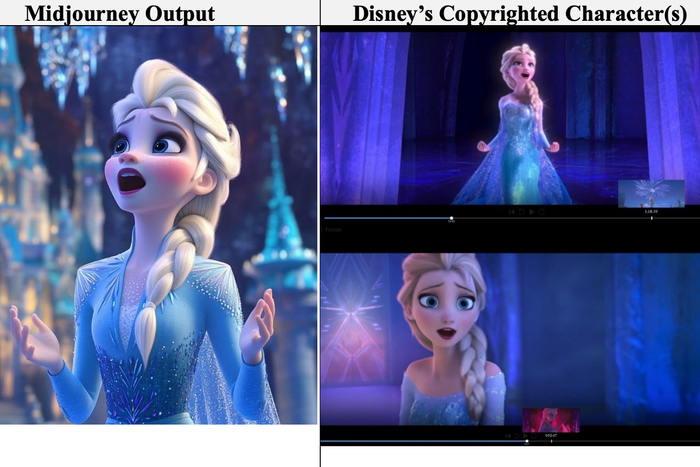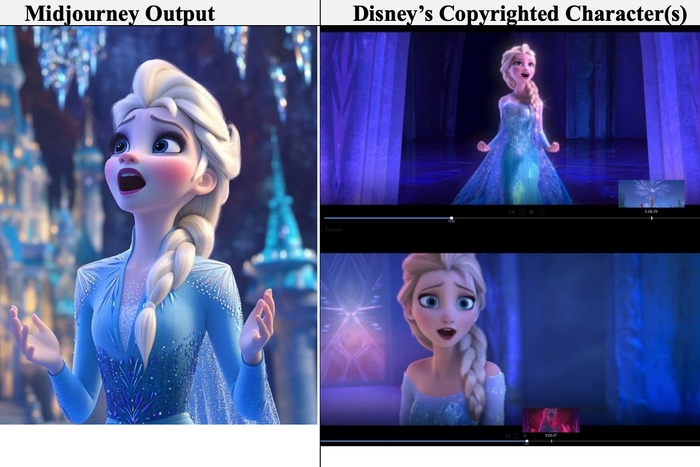Disney and Universal have joined forces to sue Midjourney, a San Francisco-based AI image generator, alleging “calculated and willful” copyright infringement of their iconic characters. The 110-page lawsuit, filed in the U.S. District Court for the Central District of California, claims Midjourney has been “generating endless unauthorized copies” of their intellectual property.
What is Midjourney?
Midjourney is an AI image generator that produces images based on user prompts. Launched publicly in 2022, it has become a prominent name in the AI text-to-image industry, boasting over 21 million members on its Discord server. The company generates revenue through subscription-based services, ranging from $10 to $120 monthly.
Allegations of Copyright Infringement
The lawsuit argues that Midjourney’s model, trained on data scraped from the internet without permission from copyright holders, constitutes copyright infringement. Disney and Universal claim that Midjourney could implement measures to prevent the distribution of copyrighted material, similar to its existing filters for violence and nudity, but has refused to do so.
Key Demands and Potential Implications
The studios are seeking damages and Midjourney’s profits, as well as an injunction to prevent further infringement. The lawsuit could set a significant precedent for the regulation of AI companies and their use of copyrighted material. Midjourney’s founder, David Holz, has expressed optimism about the company’s future despite the lawsuit, suggesting that it may argue that its use of copyrighted material constitutes fair use.
The Broader Context of AI and Copyright
This lawsuit is part of a larger trend of legal challenges facing AI companies over copyright infringement. Multiple lawsuits have been filed against AI firms in the U.S. court system, and international cases are also underway. The outcome of this case could have far-reaching implications for the entertainment industry and beyond.



